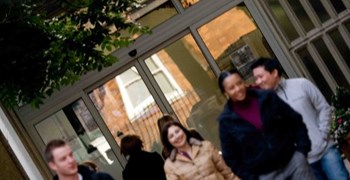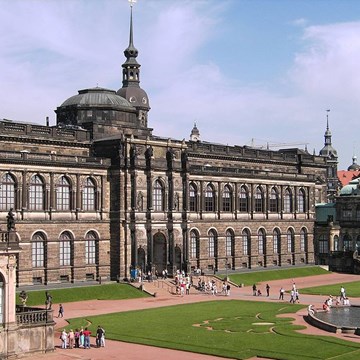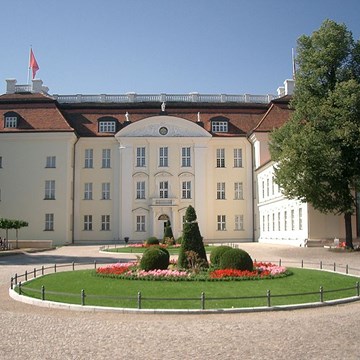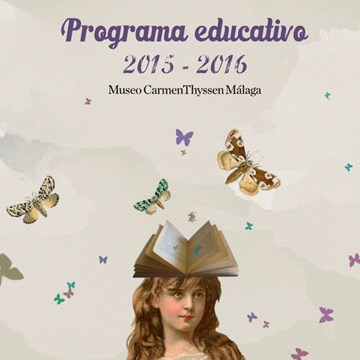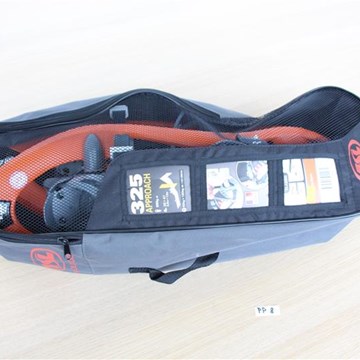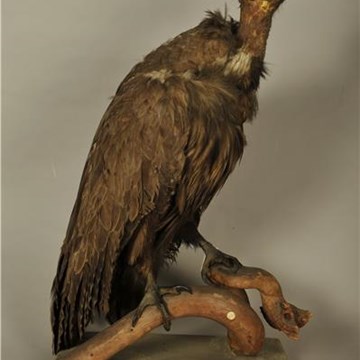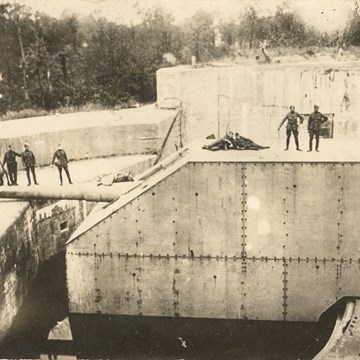Pictures, Papers and Posters: Propaganda in the First World War
The First World War saw every government devote massive resources and effort into mobilising their populations and sustaining morale. To support the demands, governments deployed propaganda on a scale never seen before.
During the war, propaganda grew in sophistication, complexity and vehemence. It is no overstatement to say that the efforts of states to justify their actions, and to build international support, resulted in some of the most powerful propaganda ever produced. It was during this time that propaganda became as important a weapon of war as any other.
This talk will explore the form and purpose of the propaganda produced during the First World War. It will look at how traditional mediums such as print were deployed alongside the latest technology in cinema to cajole, persuade, enrage and sustain populations through four years of war.
Peter Johnston is Collections Content Team Leader at the National Army Museum. He has previously worked as an Assistant Lecturer at the University of Kent, and Visiting Lecturer at the University of Westminster.
Admission
Entry to Daytime Talks is free. However, places must be reserved in advance by contacting our customer services team on 020 7730 0717. Bookings will close three days ahead of each talk.
Website
http://www.nam.ac.uk/events/daytime-talks/pictures-papers-posters-propaganda-first-world-war
Exhibitions and events from this museum
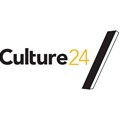
The World's Army – Empire, Commonwealth and Dominion Soldiers
Explore the lives of people from around the world involved in the First and...

Victorian Soldier Action Zone
Are you a drummer boy, an infantryman or a cavalry officer? Find out in the...

Korea 1950 – 53: The Cold War's Hot War
Examine the role of the British Army during the first and only UN war to date....

The Making of Britain Display
Investigate the Army's role in creating and defending the nation state of Great...
Activities from this museum
We don't have anything to show you here.
